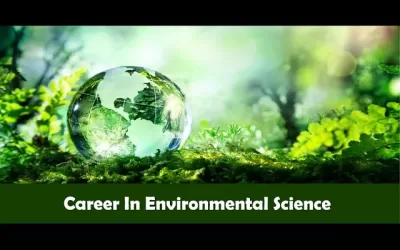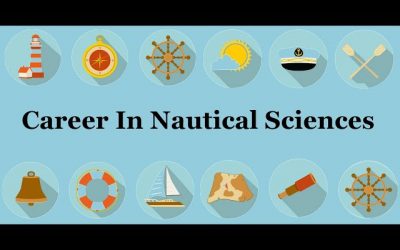Navigating Knowing Science Careers: Exploring Pathways of Discovery and Innovation
 It’s been observed amongst the students that whenever one secures a high percentage the ultimate destination is “Science.” Science is a field of systematic study and includes Experiments and Research. Experts at Growth Centre advise you to know science to decide your career option.
It’s been observed amongst the students that whenever one secures a high percentage the ultimate destination is “Science.” Science is a field of systematic study and includes Experiments and Research. Experts at Growth Centre advise you to know science to decide your career option.
While choosing Science one should understand that percentage is not the only criterion. One should also consider their Abilities/Potential. It is also observed that most students prefer Science to keep all the options open for themselves. Students drop certain subjects like Biology or Maths during 11 & 12 standards just to reduce the burden of studies.
Knowing Science Better
It is recommended that keeping all four subjects is important as for some specializations all four subjects are essential. It is also seen that most of them prefer Engineering or Medical or Pharmacy after class 12 and very few opt for other specializations like Agriculture, generally, students feel that B. Sc or pure sciences have no scope. All fields have opportunities provided one has the potential. To choose the area introspect, research, and be ready to study for long hours for a better grasp of concepts in specific careers.
Write Frequently Asked Questions for Knowing Science as a Career
Q: What are some potential career paths within the realm of science?
A: Science offers a diverse range of career options, including roles in research, academia, healthcare, technology, environmental science, data analysis, pharmaceuticals, biotechnology, and more. These paths allow individuals to contribute to advancements in knowledge, technology, and societal well-being.
Q: What steps can I take to adequately prepare for a career in the field of science?
A: To prepare for a science career, start by acquiring a solid educational foundation in a relevant field. Pursue degrees or certifications that align with your chosen area of specialization. Engage in internships, research projects, and practical experiences to gain hands-on knowledge and build connections within the industry.
Q: What are the key skills that individuals should possess to excel in science-related professions?
A: Successful science professionals typically possess strong analytical skills, critical thinking abilities, attention to detail, effective communication, problem-solving aptitude, and a willingness to learn and adapt to new developments. Collaboration and the ability to work within interdisciplinary teams are also highly valued.
Q: What advantages come with choosing a science career path over other options?
A: Pursuing a science career offers the chance to make meaningful contributions to knowledge, innovation, and societal progress. Science careers often provide intellectual stimulation, opportunities for discovery, the chance to address pressing global challenges, and the potential for personal and financial growth.
Q: In what ways do science careers play a role in driving innovation and advancing human knowledge?
A: Science careers drive innovation by fostering research and development, enabling breakthroughs in technology, medicine, environmental solutions, and more. Scientists explore new frontiers, test hypotheses, and push the boundaries of human understanding, leading to transformative discoveries that benefit society as a whole.
Q: What level of education is usually necessary to enter the field of science as a profession?
A: While the educational requirements vary depending on the specific field, a bachelor’s degree is often a minimum requirement for entry-level positions. However, advanced degrees (master’s or Ph.D.) are often necessary for research, teaching, and more specialized roles in science.
Q: How can I determine which science career aligns best with my interests and goals?
A: Reflect on your interests, strengths, and passions. Research different science fields, talk to professionals in those fields, and consider your desired impact on society. Exploring internships or volunteering can also provide insights into specific roles and help you make an informed decision.
Q: Are science careers limited to specific industries, or do they offer versatility in terms of job opportunities?
A: Science careers span across various industries, including healthcare, technology, environmental conservation, pharmaceuticals, biotechnology, academia, government, research institutions, and more. The versatility of a science background allows professionals to contribute to diverse sectors.
Q: What can I expect regarding job growth and emerging fields within science-related professions?
A: Science careers are constantly evolving with advancements in technology and knowledge. Emerging fields such as data science, bioinformatics, renewable energy, and artificial intelligence offer promising opportunities. Sustainable practices and solutions to global challenges are also driving future demand.
Q: If I want to switch to a science-based career from a different background, what steps should I take to make a successful transition?
A: Start by identifying transferrable skills and areas of interest within science. Consider pursuing additional education or certifications to fill any knowledge gaps. Networking, informational interviews, and gaining practical experience through internships or part-time roles can help you bridge the gap and successfully transition into a science career.






